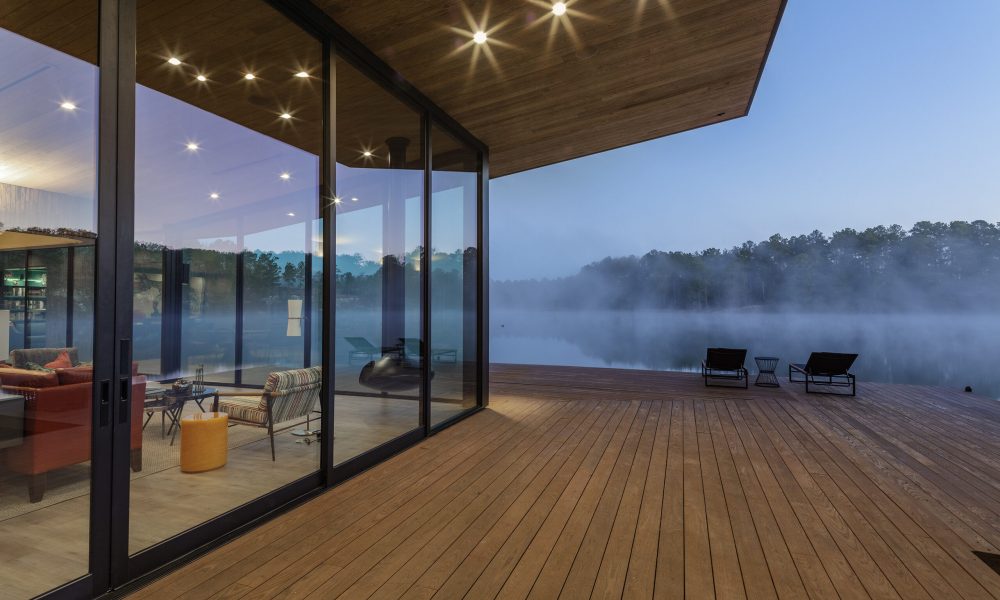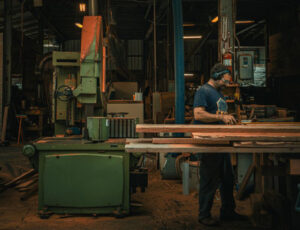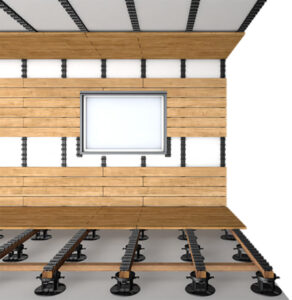Understanding Modified Wood
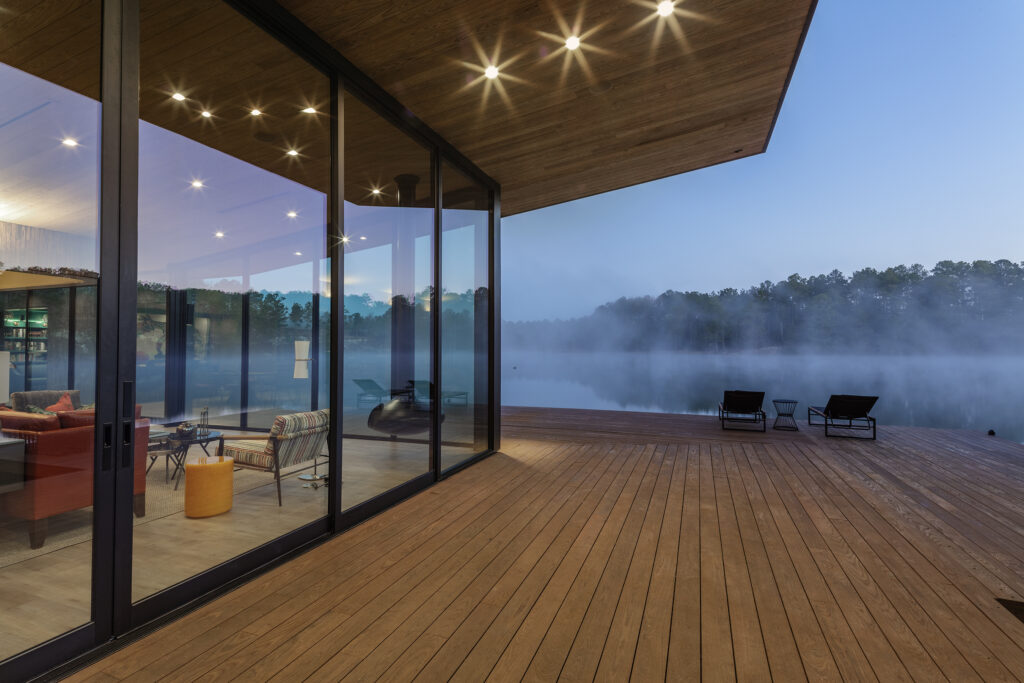
Over the last twenty years, the ability to enhance the properties of wood species and their resistance to the enemies of wood—moisture, weathering, insects, rot, and decay—has taken off all over the world. The innovative processes—thermal modification, acetylation, and furfurylation—combine wood’s natural beauty, availability, and sustainability with improved durability and performance, making them ideal for various applications.
Many innovations in modified wood originated in Europe, where the demand for alternative materials has been widely embraced. Issaquah Lumber was an early adopter of modified wood products. We began supplying Thermory and Americana in 2019 and have expanded our selection to include Accoya, Arbor Wood, Kebony, LDCwood, Lunawood, and Abodo wood.
The modification methods result in dimensionally stable, durable, rot, and bug-resistant wood products, extending the material’s lifespan and performance. These benefits include reduced demand for tropical hardwoods, a more sustainable way to source high-performing wood products for high-demanding applications, and more cost-effective products.
Let’s explore each modification process and the best applications, benefits, and commonly used species for each process.
Thermally Modified Wood
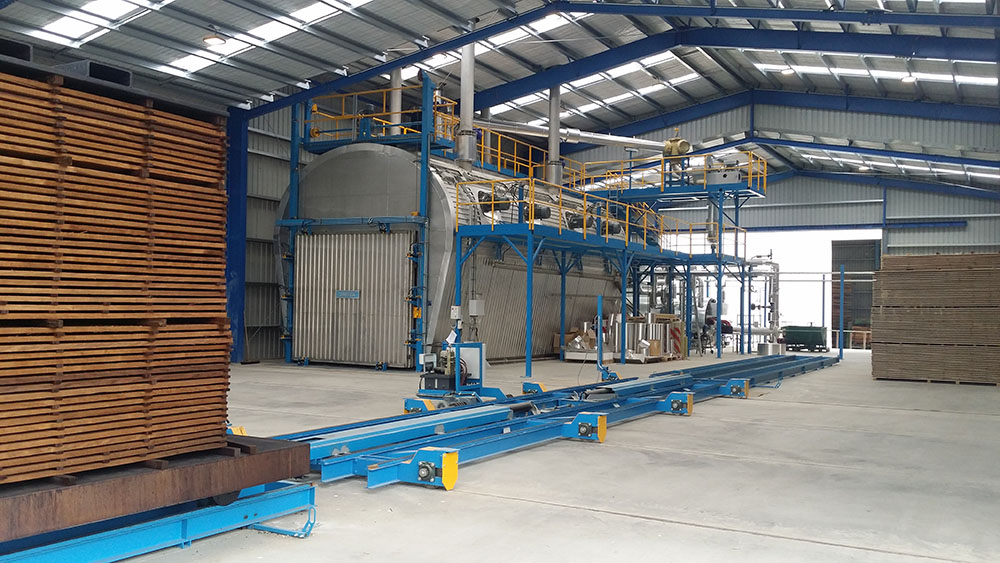
Thermally modified wood undergoes a high-temperature treatment in a controlled environment without chemicals. This method uses heat and steam to change the wood’s cellular structure, reducing its capacity to absorb moisture (hydrophobic) and enhancing its durability, dimensional stability, and resistance to decay.
The method uses kilns of two types: open and closed.
- Open Kiln: Open kilns are slower, more gradual drying processes. They enable wood to acclimate to its environment naturally using atmospheric pressure (or vacuum). This method may decrease internal stresses within the wood and lead to fewer drying defects. Additionally, it allows for the modification of larger volumes of wood.
- Closed Kiln: Closed kilns are the most commonly used. Sealed systems maintain precise control over temperature, humidity, and airflow. They deploy high pressure. This controlled environment allows for a faster, more uniform drying time, which may also stress the wood species.
The closed method continues to grow and lead the modified wood category. Several manufacturers of thermally modified wood are utilizing this method here in the U.S. A few modified wood producers adhere to the more rigorous ThermoWood® process. ThermoWood thermal modification is the oldest method governed by the International ThermoWood Association. ThermoWood manufacturers follow strict standards and certifications, ensuring consistent quality and performance.
Types of wood commonly used: ash, pine, spruce, vertical grain hemlock, red oak, and ayous
Appearance: Because of the high temperatures, the natural sugars in the wood caramelize, giving it a medium to dark color.
Brands: Thermory, Arbor Wood, Americana. ThermoWood brands: LDCwood
Acetylation
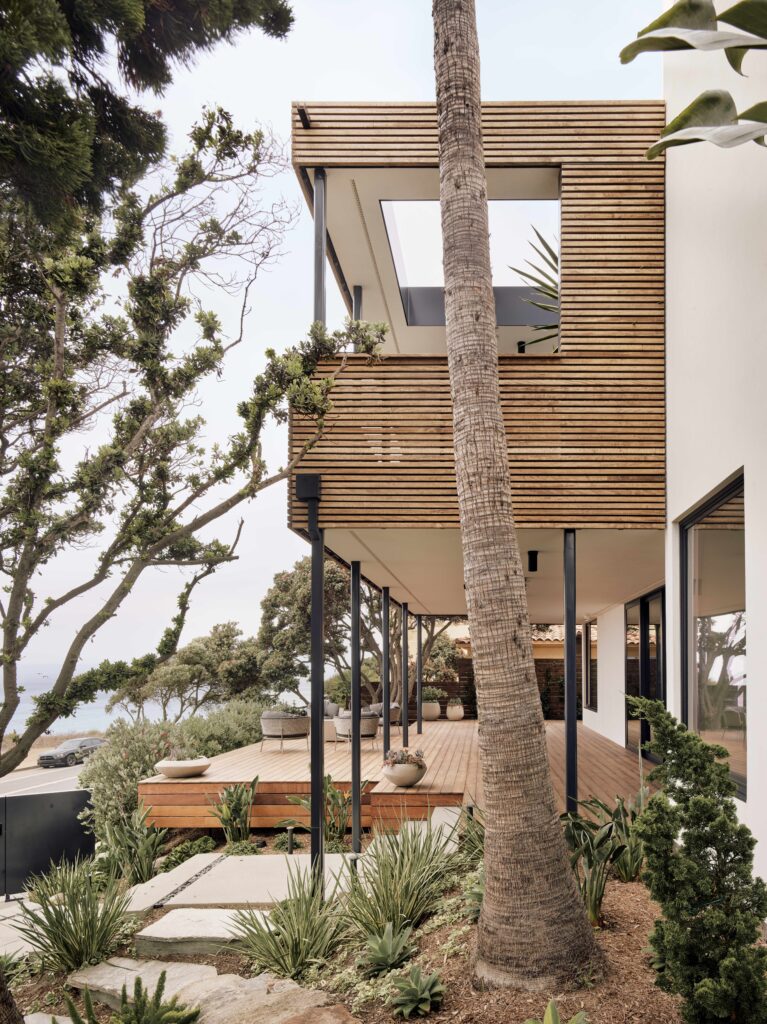
The acetylation method utilizes acetic anhydride, which alters cell structure at the molecular level. This acetic anhydride interacts with the hydroxyl groups in the wood’s cellulose, making the wood unable to absorb water. This enhances its dimensional stability, durability, and resistance to decay and insects (including termites). It is an excellent option for harsh environments such as humid and extremely cold climates and coastal regions.
Accsys, the producer of Accoya wood, is the only wood manufacturer that has successfully commercialized the acetylation method for construction. This method requires less maintenance and replacement, contributing to an eco-friendly footprint. It has received numerous sustainability credentials and awards.
Type of wood commonly used: fast-growing radiata pine
Appearance: a natural blonde finish that will patina when exposed to natural elements. Accoya Color Grey is colored entirely through — from surface to core —using a pigment during modification.
Brand: Accoya wood
Furfurylation
A chemical modification method uses infused furfuryl alcohol, a bio-based resin derived from agricultural byproducts like corn cobs or sugarcane. The process polymerizes the wood’s cells, creating a dense, strong, durable material resistant to decay, pests, and long-term use.
Types of wood: Radiata Pine
Appearance: a darker and richer tone, resembling tropical hardwoods
Brand: Kebony
Modified Wood Applications
Modified wood is a viable material for many applications due to its improved durability, stability, and resistance to decay and, in some cases, pests.
- Siding: Modified wood is most commonly used in siding applications because it is resistant to extreme weather and maintains dimensional stability. Some manufacturers offer warranties of up to 50 years.
- Decking: An ideal choice for decking due to modified wood’s resistance to moisture, warping, and decay, as well as reduced shrink and swell cycle.
- Outdoor Furniture and Shading Structures: Craft elegant, weatherproof outdoor furniture or a pergola with modified wood.
- Doors and Windows: Modified wood is an excellent choice as a material component in doors and windows due to its performance in humid and wet environments.
- Landscaping: Because it is resistant to rot and decay, modified wood is ideal for walkways, borders, and other landscaping applications.
Sustainability and Sourcing
Modified wood is an eco-friendly alternative to traditional hardwoods and chemically treated materials, making it a sustainable and long-lasting choice for construction and design professionals. Many modified wood species are fast-growing and renewable, helping decrease the demand for slow-growing, endangered hardwoods. The wood modification processes extend the lifespan of the wood, requiring less maintenance and replacement while reducing resource consumption.
Most modified wood products are sustainably sourced through Forest Stewardship Council (FSC) certified forests, ensuring responsible forest management and ethical sourcing practices. Issaquah Lumber earned the FSC Group Chain of Custody Registration certificate and only supplies forest-based materials that are produced according to the rigorous standards set by FSC.
Choosing the Right Solution for Your Project
Modified wood perfectly balances natural beauty and modern innovation. As designers and builders seek sustainable, high-performing solutions, modified wood provides outstanding aesthetics and unmatched functionality.
Let’s Build Together
At Issaquah Lumber, we proudly offer sustainable, high-quality solutions that enhance form and function. We assist builders and architects in creating stunning, lasting designs.
Ready to explore the possibilities? Contact us today or visit our showroom to find the perfect solution for your projects. Let’s build something extraordinary together.

